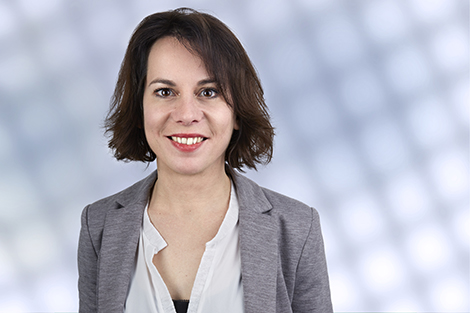
Tell us a bit about yourself
I’m Florence and I was born in France. I did my PhD in Toulouse on the unsexy topic of cholesterol absorption from foods in the intestine. After a year as a Study Director at a contract research organisation, I realised that working in the private sector was not for me. In 2007, I combined my desire to have a meaningful impact on people’s lives and travel at the same time. I took my grant to work as a researcher at AMC Academic Medical Centre in Amsterdam.
My road to EATRIS was governed by chance. A friend forwarded me the job ad with a note “I have no clue what they do, but it looks like a good fit for you”. After a great interview with Anton Ussi and Giovanni Migliaccio, I started as a Scientific Platform Manager for Biomarkers and ATMPs. I gradually moved towards operations and since 2019 I’ve been the Head of Operations. I remember in the beginning of EATRIS; we put together everything from administration to developing a scientific agenda and compiling a database (i.e everything!). In that way, I feel I had a startup experience.
What is your role within EATRIS and what does a typical week look like for you?
I think the best characterisation of my position as Head of Operations is that I do a little bit of everything. I interact with all team members, the executive boards and external partners. My week on a sheer activity side can be summarised simply: lots of meetings, lots of emails. On a more qualitative level, I focus on strategic development, implementing meaningful action, quality of the activities and the focuses of the specific season at hand. For example currently (April 2022) we are wrapping up the Strategic plan 2023-2026 and preparing for the Board of Governors and Board of National Directors meeting face-to-face in a few weeks.
What has been the highlight of your EATRIS experience so far?
For me, the highlight is that there are so many highlights. There is so much interaction with amazing people and new initiatives on different levels: from scientists to policymakers to patient representatives and beyond.
If I had to pick just one moment, it would be the first conference I attended with EATRIS at the BIO International Convention. It was my first time in the U.S for business and representing EATRIS in this impressive conference centre with about 2000 business developers having back-to-back partnering meetings. It felt like the beginning of something great, which in hindsight it absolutely was.
What is translational research for you?
I think the classical definition of translational medicine is turning lab research into new medical intervention and that in turn back to research. While I agree with it, in my eyes the emphasis is on putting people’s collective expertise together to advance human health. It is multi–disciplinary, multi–expertise and multi–stakeholder engagement, but not as window dressing, but as truly bringing all those different experiences and facilities together.
Why did you decide to work in the translational medicine field?
In my career from undergrad all the way to EATRIS, my motivation was always to have an impact on human health. During my PhD and post-doctoral position, that was always in the back of my mind and carries me still.
What advice would you give your younger self?
This is a bit two-fold: my dedication and motivation is what brought me here, so I’m grateful for that, but I would tell my younger self to relax a bit and that the opportunities will come. All and all: I’d tell younger Florence to take it down a notch, but keep doing the things you’re doing.
What do you like to do when you aren’t working?
This answer would have been completely different 9 months ago. Today, I’m the happy mother of Juliette and I try to spend every spare minute with her. Before motherhood, I was an avid runner and climber, partying a fair bit too. I hope to return to those activities with my daughter one day (maybe not so much partying but would love to take her to family-friendly festival. She already loves music and dancing loads).
If you were a drug, vaccine or diagnostic, what would you be and why?
I thought about this for a while and I would be a drug with a double target: premenstrual syndrome and bladder infection. Those are the two ailments that I see are completely underserved considering how much they impact our lives as women. It affects work, overall health and almost every aspect of everyday life. While there are antibiotics for bladder infections, we are running into risks of antibiotic-resistant infections, so I would be a drug that fights these two illnesses.
What would surprise people to know about you?
I run marathons and my dream is to run the 4 Deserts Ultramarathon Series. One day maybe, at least one of the 4 (but not Antarctica, somehow running on ice is not inspiring me as much).
















